Dhaka, July 10 (V7N) – Bangladesh is witnessing a growing trend of its young, educated population seeking opportunities abroad, sparking concern over a potential brain drain that could undermine the country’s development prospects. The increasing desire among youth to migrate in search of better education, employment, and quality of life abroad is fueling a significant outflow of human capital.
This phenomenon, often termed "human capital flight," has accelerated in recent years. According to United Nations data, Bangladesh ranks among developing countries with the highest outmigration rates, with over 13 million Bangladeshis residing overseas. A World Economic Forum survey highlights this trend starkly, revealing that 82% of Bangladeshi youth aged 15 to 29 expressed a willingness to leave the country.
Multiple factors drive this desire to migrate. One key reason is the lack of access to advanced educational programs in emerging fields such as artificial intelligence and biotechnology within Bangladesh. While countries like Canada, the United States, and Australia offer cutting-edge universities and practical research opportunities, Bangladesh’s institutions lag behind. Furthermore, these foreign nations provide clearer career pathways after graduation.
Domestically, the job market struggles to absorb the growing number of graduates, with many facing "jobless growth" despite overall GDP growth. The absence of multinational corporations offering high-quality employment worsens the situation, compelling graduates to seek merit-based opportunities elsewhere. This environment limits professional growth for many talented individuals.
Quality of life also plays a significant role in the migration decision. Urban centers like Dhaka suffer from severe traffic congestion, poor air quality, and insufficient public infrastructure, including healthcare and transportation services. Safety concerns, both personal and political, further encourage youth to consider relocating to countries perceived as more stable and secure. For young families, the prospect of a safer, healthier environment for their children is a powerful motivation.
Deeper systemic issues compound the problem. Widespread corruption, lack of transparency, and a culture that often prioritizes connections over merit create an environment that stifles ambition and innovation. According to reports from the Financial Express, these factors discourage talented individuals from investing their futures in Bangladesh’s current socio-economic framework.
Economic challenges have intensified these pressures. The recent downturn and rapid devaluation of the Bangladeshi Taka have reduced the real value of domestic earnings compared to foreign income. Coupled with inadequate social safety nets, this economic disparity drives many to pursue more financially secure futures abroad.
The long-term consequences of this youth exodus are alarming. The loss of skilled professionals—including engineers, doctors, academics, and IT specialists—depletes Bangladesh’s intellectual capital and threatens the advancement of critical sectors such as healthcare, education, and technology. This talent drain weakens the nation’s global competitiveness and hinders sustainable development.
Remittances sent by overseas Bangladeshis remain a vital source of foreign exchange, with Bangladesh Bank reporting over 30 billion US dollars received officially in the fiscal year 2024-2025. However, while these inflows support the economy in the short term, the depletion of skilled labor poses risks to domestic industries, which may face increased costs in hiring foreign experts or suffer from stagnating innovation and entrepreneurship.
The social impact is also significant. Family structures and community dynamics are altered as the youth migrate, with some families benefiting financially but others experiencing emotional and social voids. The departure of young, energetic minds slows the country’s research and development capabilities, potentially delaying Bangladesh’s aspirations to join the ranks of developed nations.
To understand the perspective of the youth directly, Voice7news interviewed Mr. Akib Ahmed, a recent Electrical and Electronic Engineering graduate from a leading Bangladeshi university, who is preparing to pursue a Master’s degree in Canada.
Akib shared, “The advanced quality of education in Canada, especially in renewable energy, attracts me. Their research facilities, experienced faculty, and industry-relevant curriculum provide opportunities not available here. Moreover, the local job market is highly competitive but often unfair, with merit overshadowed by connections. In Canada, I believe my skills will be recognized, and I will have better chances to contribute meaningfully.”
He also cited the desire for improved living conditions, noting, “Dhaka’s daily challenges such as traffic congestion, pollution, and limited public services create a difficult environment. I seek a life with better infrastructure and security, both for myself and future generations.”
When asked about concerns over leaving family and homeland, Akib responded, “It’s a tough choice because I love my country. But I feel a responsibility to secure a better future. If possible, I hope to return and contribute to Bangladesh’s development. Until then, I must seek opportunities abroad.”
Akib emphasized that retaining youth talent requires comprehensive reforms: “Investment in higher education and research, development of equitable job markets with merit-based systems, improved urban infrastructure, and a fundamental cultural shift toward transparency and accountability are essential.”
Akib’s insights reflect the feelings of many young Bangladeshis. While remittances from migrants provide crucial economic support, the long-term cost of losing the country’s brightest minds is immense. Addressing education quality, employment opportunities, urban living conditions, and governance practices must become national priorities to halt the youth exodus and secure Bangladesh’s future growth.
Without decisive actions, the “better future” so many seek will remain abroad, leaving Bangladesh to grapple with the challenge of rebuilding its intellectual and professional workforce.
END/AZS/SMA/




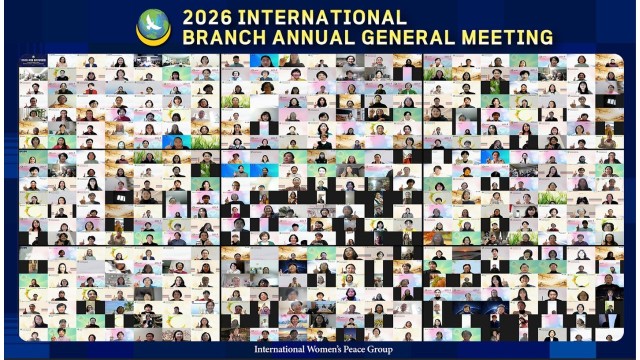





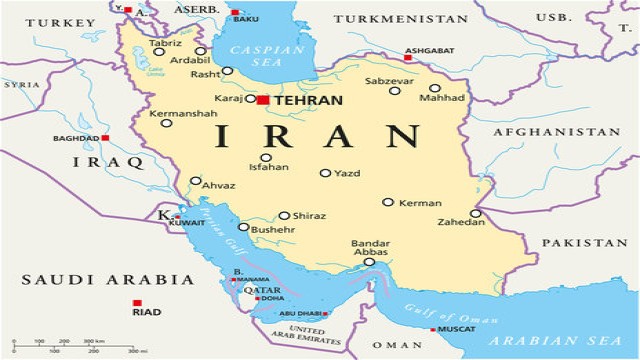
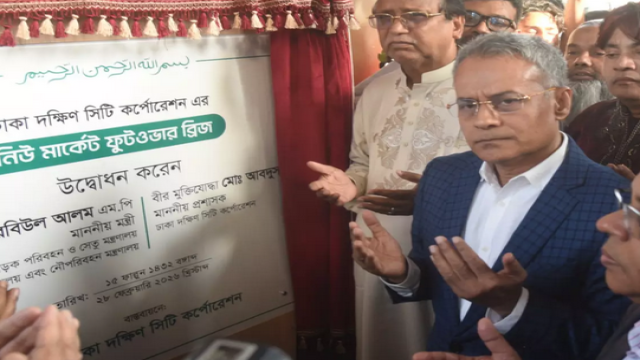
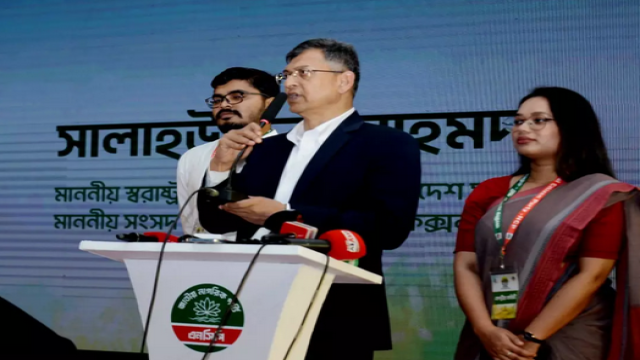


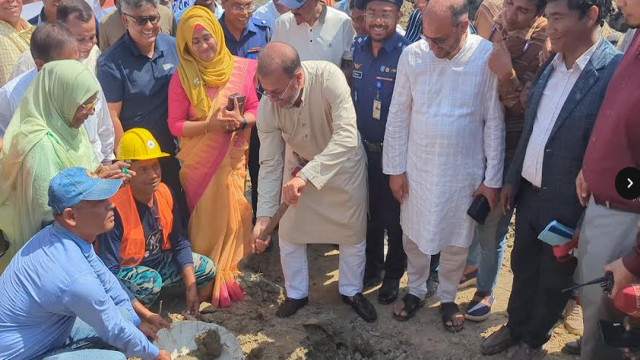


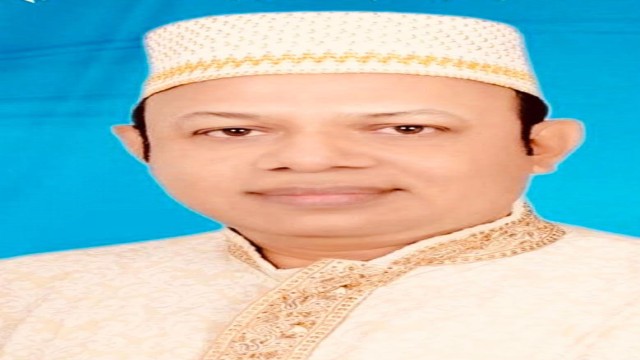











Comment: